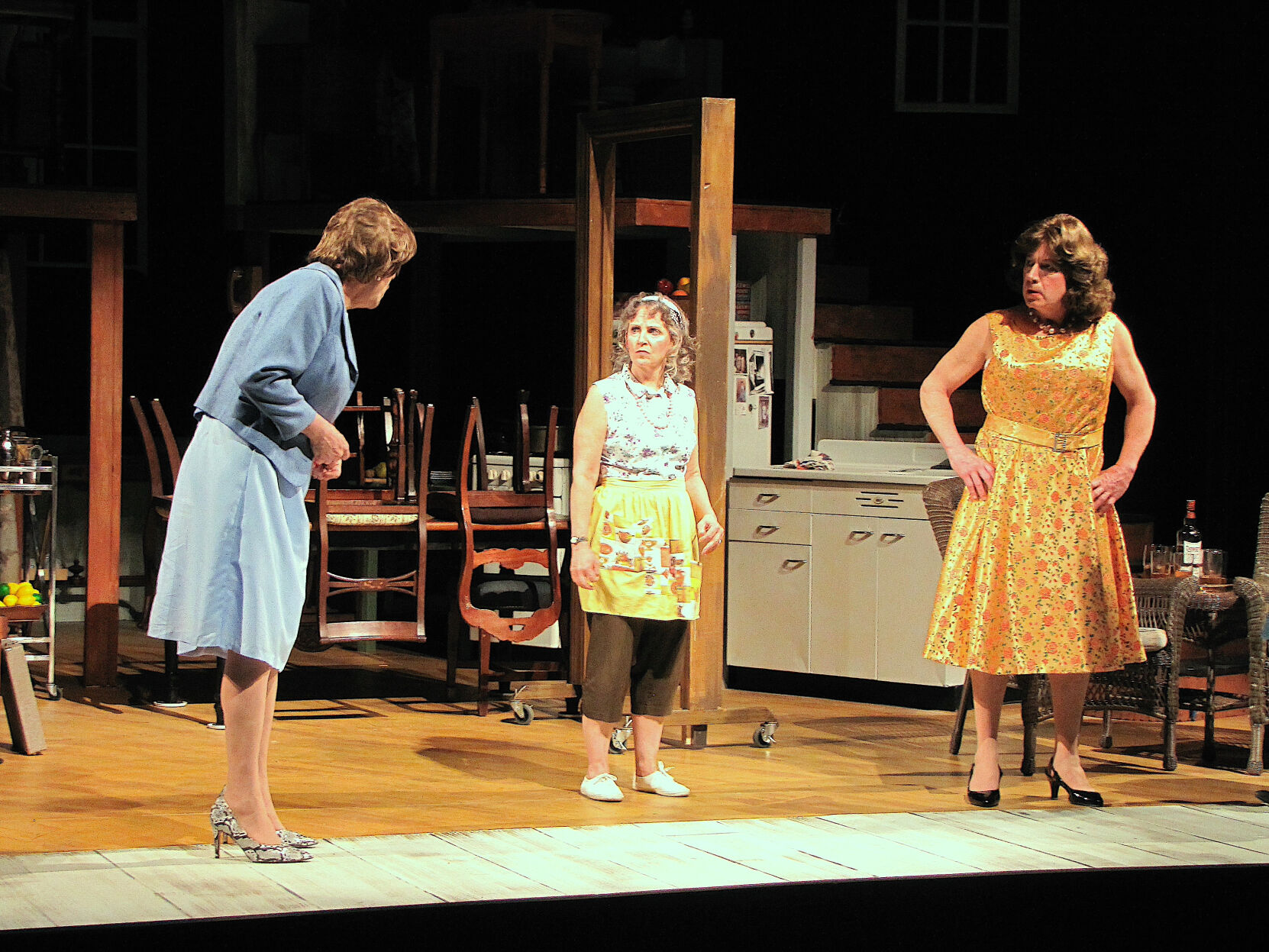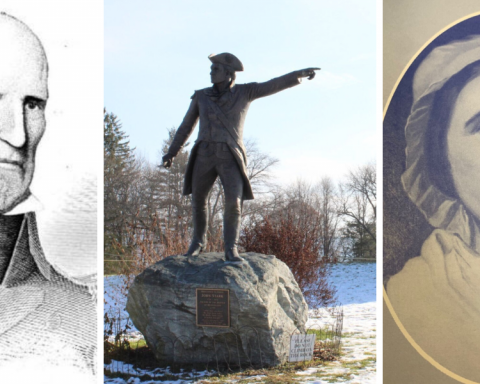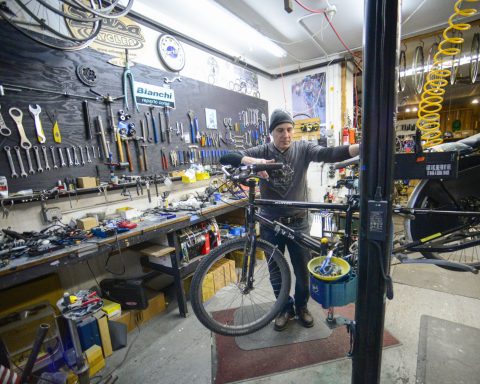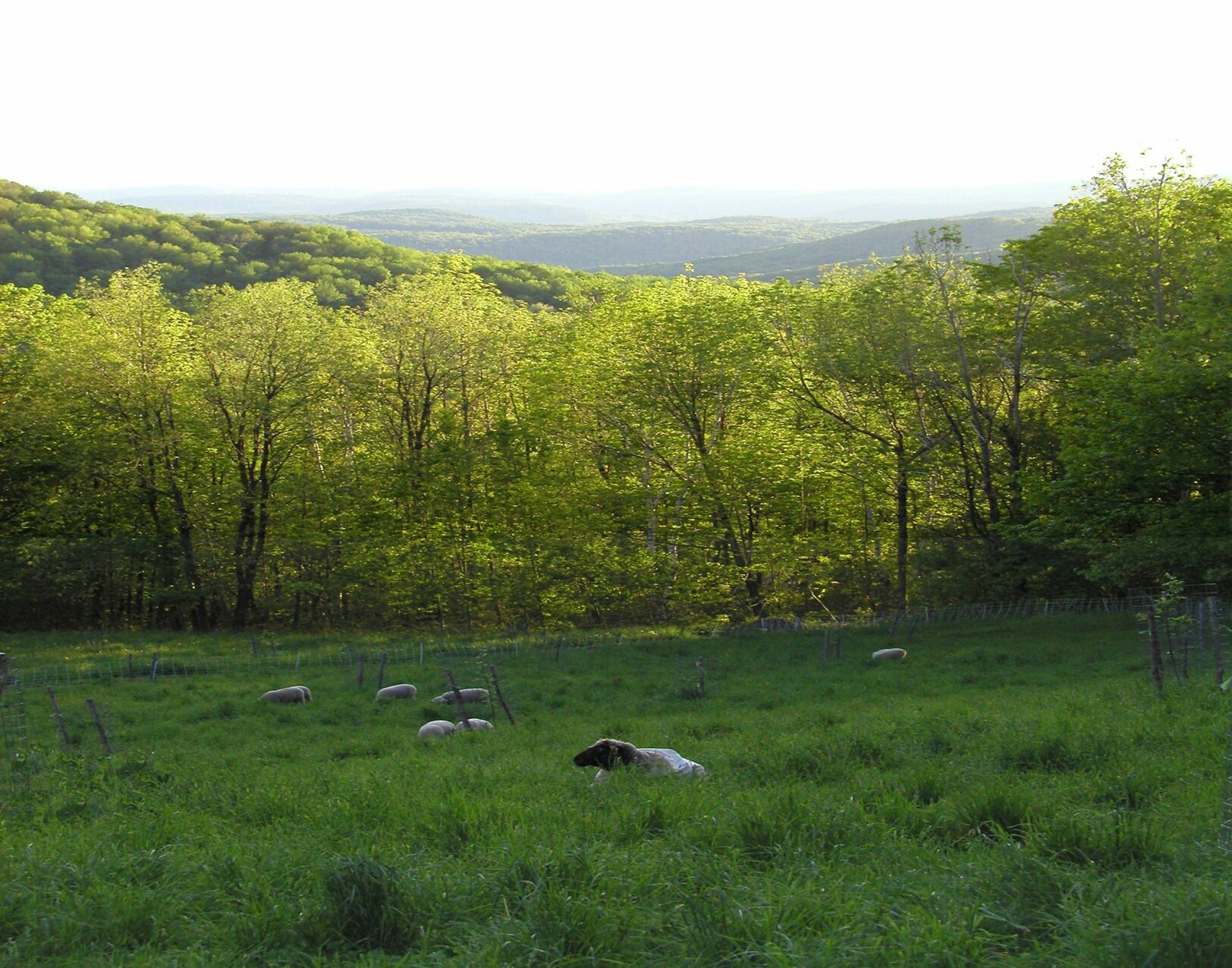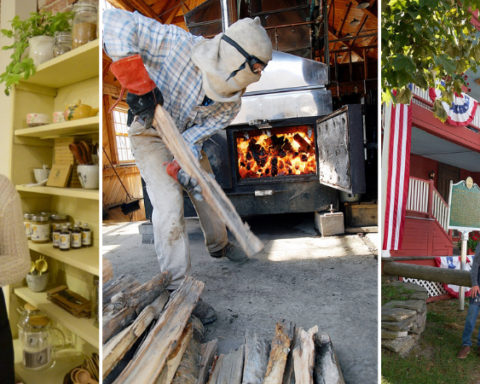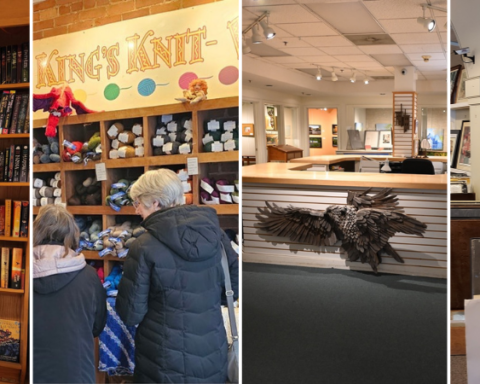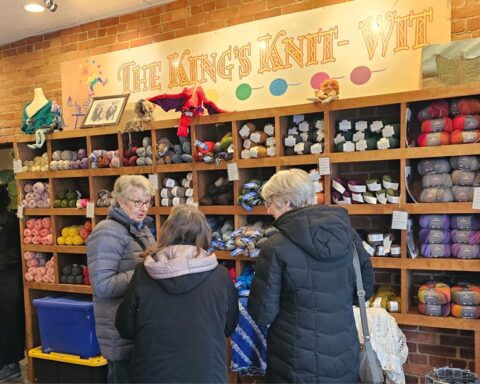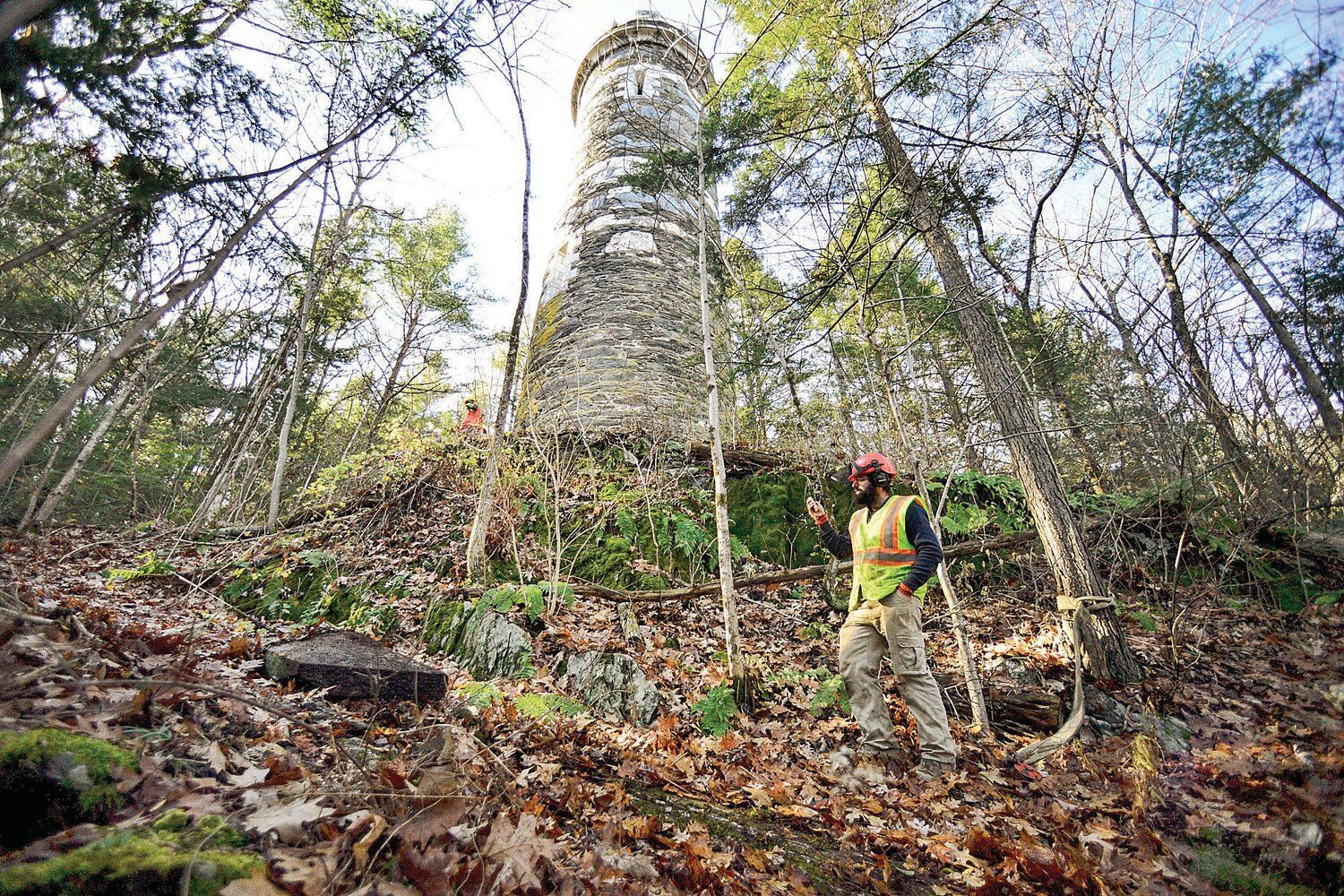By Telly Halkias, Vermont Country Magazine correspondent.
DORSET — Luke Krueger’s day job teaching English at Arlington Memorial High School (AMHS) is a daily performance requiring dexterity in human relations and no small amount of creativity. But at certain times during the year, Krueger feels the call to hone his skills in a different way, as a member of the Dorset Players, one of the nation’s longest-running community theater companies.
For a person who already had a considerable background in theater through college and graduate school, as well a number of early teaching and staff career positions at various universities, Krueger said he “made the transition to high school teaching to stay in Vermont” as there were “very few college professorships available” in the state. This decision directly led him to the Players, but not without some level of hesitation.
Krueger — a playwright more than an actor/director — stumbled upon the Players and wasn’t certain if he could keep one of his core professional views in practice
“My involvement with the Players began with me cold calling them, and I was hoping they’d do one of my plays…I didn’t want to direct. I’m not a fan of playwrights directing their own plays. Theater’s about collaboration, and for better or worse, I enjoy seeing what other people will do with my script.”
Luke Krueger
But a talk with Players’ past president Lynne Worth, who still produces the company’s springtime One Act Festival, changed his mind.
“Lynne suggested I keep my eye out for the call for one act plays, but she gave the caveat that if I wanted a play I wrote to be performed, I’d have to direct it,” Krueger said. “The festival is great for breaking in with the Players. It was a fabulous experience, and showed me that the Players are a community theater group with professional ethos and talent.”
Like many other Players, Krueger was hooked. After wide acclaim for his one-act involvement, last fall, he directed the production of Ken Ludwig’s hit comedy, “The Game’s Afoot.”
A long tradition

The Dorset Players got its start in 1927 when a local couple, Dr. and Mrs. Edward Goodman, rallied a small group of local people to stage “39 East,” a 1920 work by the British playwright Rachel Crothers. The Goodmans successfully presented the play at the Dorset Town Hall.
Within a few months, the group involved in that production had organized as the Dorset Players, a community theater troupe whose goal was, and still is, to bring quality plays to town, with local people doing the acting.
As they began to bring these shows to life, the group husbanded resources through donations and gate receipts and finally borrowed the balance needed to build a dedicated performance space. The result was the first Dorset Playhouse, which opened in 1929.
Sharing a new playhouse
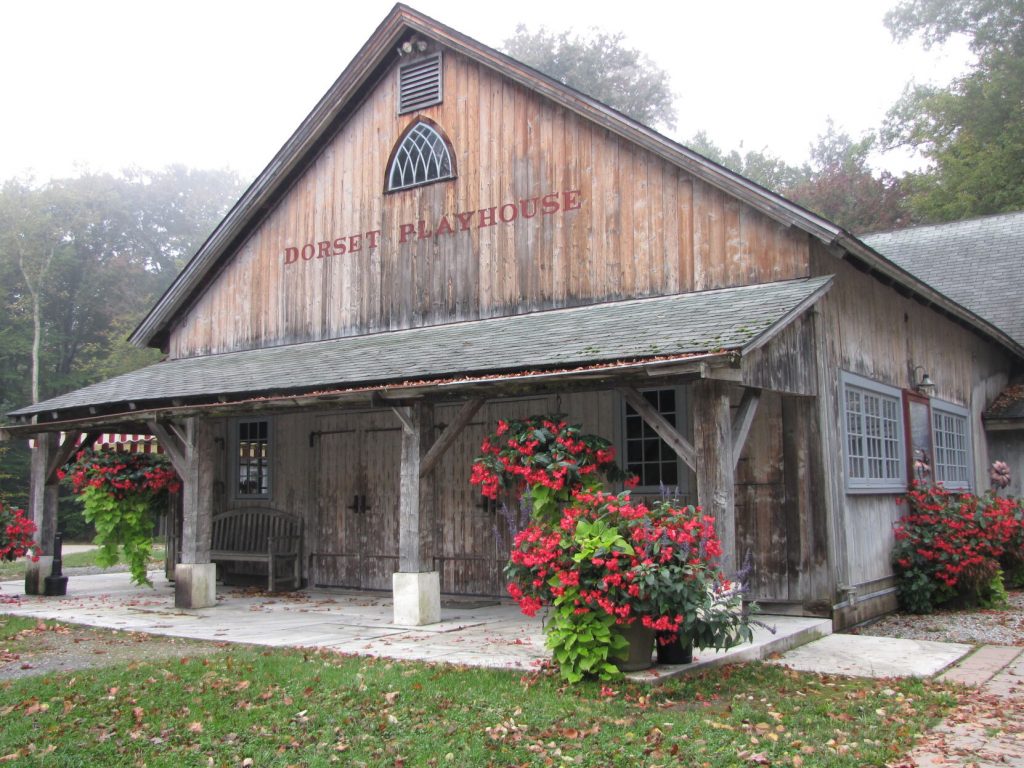
The Players’ successful annual slate of community theater continued for several decades, except for a few seasons during World War II. Then in 1976, John Nassivera and the late Jill Charles leased the Dorset Playhouse to produce their first season of professional theater through what became the Dorset Theatre Festival.
Kevin O’Toole, a local attorney who has been with the Dorset Players for almost four decades, and serves as the group’s unofficial historian, said the association with the local Equity company, which will continue to lease the playhouse for six months of the year through 2039, has been long and fruitful.
“There is a mutual respect for the other’s mission to provide live theater to the Northshire and beyond,” O’Toole said.
One achievement of the alliance was construction of a new Dorset Playhouse in 2000 and 2001.
“The old theater had 215 very cramped seats, limited facilities and partial sightlines,” O’Toole said. “In other words, you were uncomfortable when you sat, could not see the stage because of the person in front of you, and had to wait in line for the bathroom.”
The last of these problems required lengthier intermissions.
The current facility has 296 seats with cushions on the back and plenty of legroom. The rake of the seats from front row to back row is 5.5 feet, so everyone has a good view of the stage. The lighting booth has an unobstructed view, and the new playhouse has larger dressing rooms and rehearsal spaces.
“You are now comfortable where you sit, can see the stage and can go to the bathroom without a wait,” O’Toole said.
The newer Playhouse allows both groups to work from their strengths. As amateurs, the Dorset Players can afford to produce musicals and plays with larger casts. The Dorset Theatre Festival can focus on newer works and other hits with smaller professional casts and act as an incubator for both aspiring and well-known playwrights.
Joint decision-making
In keeping with its mission of community theater, the Dorset Players’ operations and direction are the result of shared governance.
“The Dorset Players don’t operate with the traditional structure of having an artistic director,” explained Paul Michael Brinker, the company’s business manager and executive producer.
Brinker, who left a professional stage career to pursue a second life as a gourmet chef, is now in what he calls his dream job, after having served the Players, in his own words, as “producer, stage manager, actor, prop wrangler, director and cookie baker.”
The organization’s board of directors makes a group decision about the upcoming season based on what plays directors, producers and the general membership put forth as suggestions.
Past president Worth also has filled multiple positions during her tenure with the Players and said the selection of plays and other events for the season, which runs October through May, is a process that can take up to a year.
“In the fall, the board will appoint a play-reading committee to select several potential shows for consideration,” Worth said. “By January, we host a directors’ meeting for anyone interested in the following season. They may consider our ideas, or if they have a play they are passionate about, they may present that along with casting and production requirements and potential royalties.”
When the committee has considered all proposals, the proposed list goes to the board for a final decision. Worth said the members strive to balance the season with a variety of offerings — comedy, drama, musicals and children’s theater.
She said it’s typical for a member to “move up the ranks.” Before directing a play, for example, a member must first have handled a broad cross-section of responsibilities, including acting, producing, stage managing and other roles.
Amateur professionals
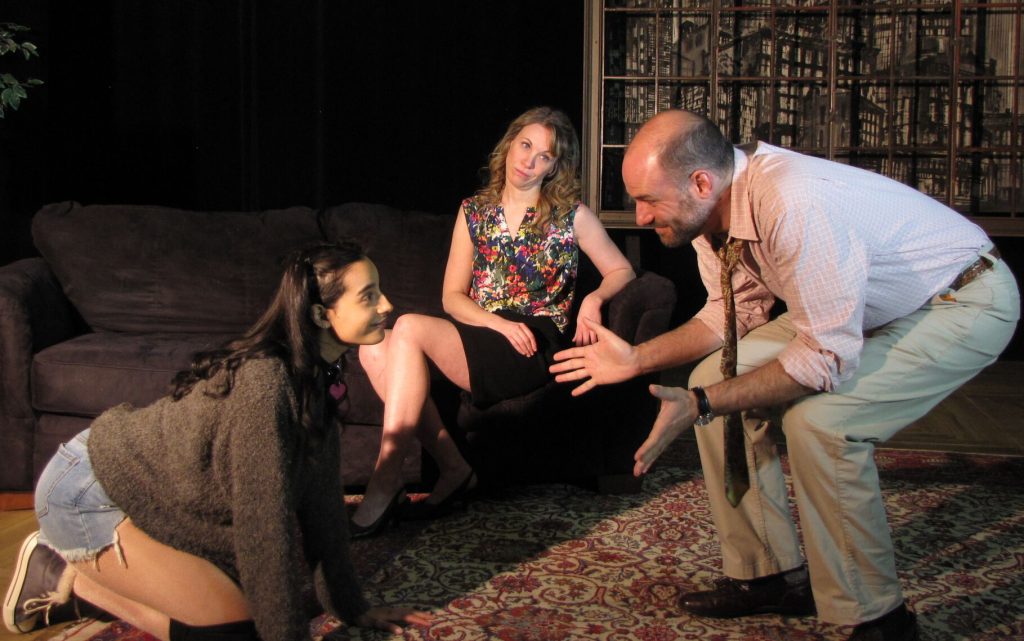
Many Players come to the company as thriving local professionals in other industries. Current board president Donna Murray, has spent 30 years on executive boards as well as leading her thriving real estate company. But she is also is a trained vocalist who, in 1988, had no on-stage experience. That year, a friend encouraged her to audition for a Players musical, “Cole,” and the rest is history.
“With five solos in that first show, I quickly became enthralled after hearing the first reaction from the audience,” Murray said. “With that, I began auditioning for musicals. I played ‘Aunt Eller’ in 1992 with a Golden Circle award which propelled me to continue. I appeared in a couple smaller roles along the way, then dared to audition for a farce in which I was cast as a lead. After a long break, I came back to play the female lead in ‘On Golden Pond.’ In between some of those shows, I did manage to be a producer for ‘The Wizard of Oz.’”
With that experience and a desire to donate time toward a more personal interest in the arts, Murray accepted a position on the Players board. In 2023, she assumed the role of president. Still, it’s clear her heart remains on stage.
“Live theater is unique and allows adults to express their creativity, and nurtures children to explore a field that may shape their futures,” Murray said. “We build confidence on stage and even foster other outlets of creative thinking behind the scenes. Live theater fills everyone’s soul. Our patrons laugh, sit on the edge of their seats, and escape into a fantasy world for a couple hours of their day. We deliver something important, something difficult to replicate in any other media.”
Behind-the-scenes support
Perhaps no one better exemplifies the ethos of the Dorset Players that Murray espoused than Tom Ferguson, a retired professional actor who earned his Actors Equity Association standing by acting with the company. A decade ago, he devoted considerable time and effort in the one-act classic “I Am My Own Wife.”
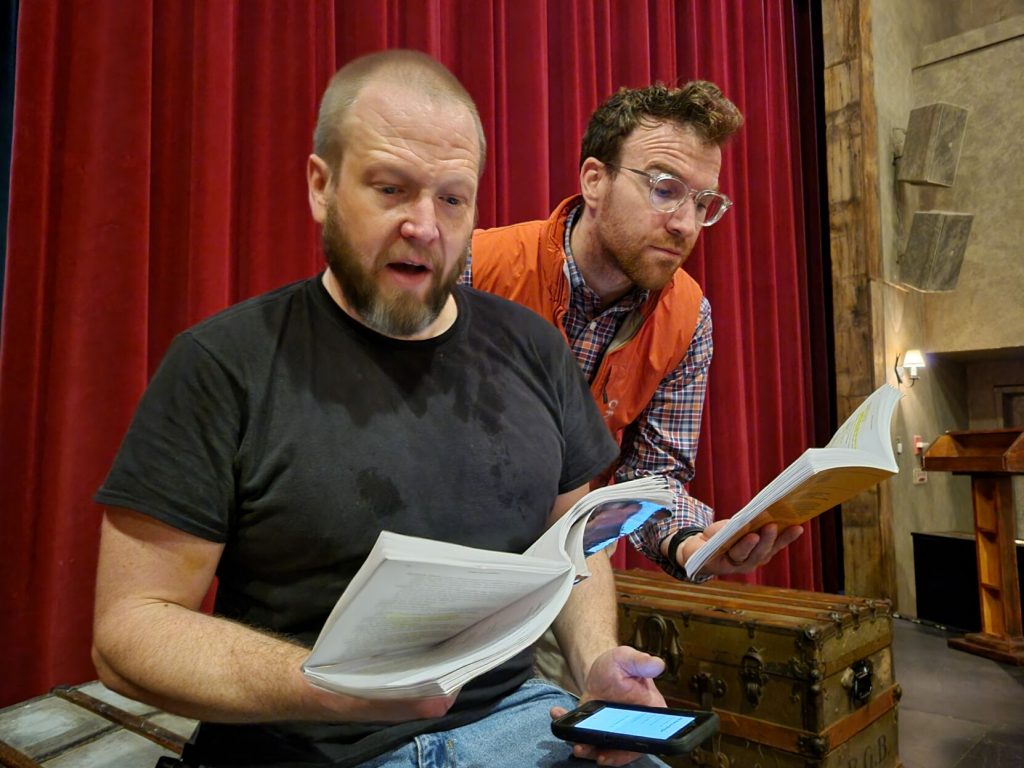
“I had only recently returned to the stage after a long absence, and the opportunity to play this role would be any actor’s dream,” Ferguson said. “I worked diligently off and on for six months.”
Although there were no other actors on stage, Ferguson didn’t work in a vacuum. Other actors coached him, and he received support and guidance from the director, the stage manager and the entire technical crew.
“My teammates, if you will, consisted of 11 other people that never appeared on stage: not only the director and stage manager, but the scenic designer, costume and lighting designers, and the running crew — all amateur volunteers,” Ferguson said.
Working with that group, he said, was an inspiration.
“We have one of the most beautiful theaters in all of Vermont at our disposal,” Ferguson said. “We have talented, experienced technicians who give their time and energy to help create a fully realized production. In helping me realize my dream, the Dorset Players represent, to me, the highest level of professionalism in a non-professional world.”
For information and ticket to the remaining shows of the Dorset Players 2023-24 season, call the box office at 802-867-5777 or visit dorsetplayers.org.

Telly Halkias found his way to Bennington County on a blind date while in college, and vowed to live here one day. While the romance fizzled, years later he made good on that promise. Telly has spent two decades freelancing features, reviews and columns for so many regional outlets that he’s often mistaken by readers as a staff writer somewhere — but where exactly they have no clue. Telly has also been fired a few times, only to be rehired almost immediately after minor subscriber revolts. His greatest source of joy is when locals stop him while grocery shopping to discuss 15-year-old columns from which they can still quote lines. Reach award-winning freelance journalist Telly Halkias: tchalkias@aol.com, X: @TellyHalkias
